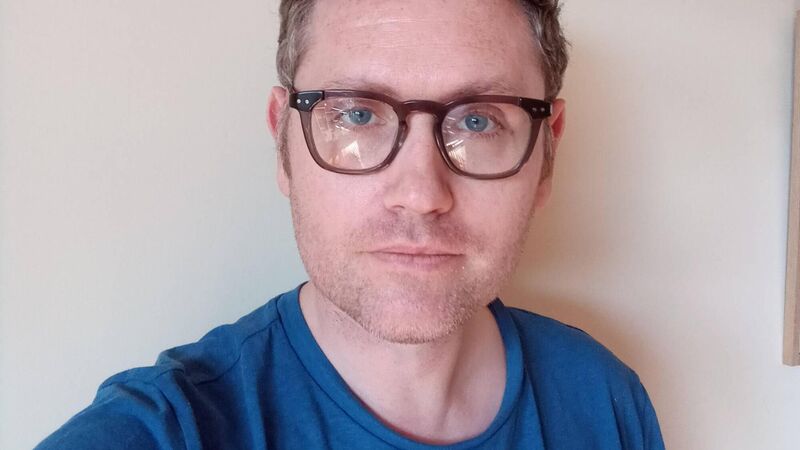Karl Whitney: On abandoned projects - when writing is a stumble through the darkness

Karl Whitney, author and writer
Sometimes writers will confess — often years after the fact, while promoting a book — to their work being rejected. This is my published work, they say, you should see the stuff that didn’t make it into print!
A project on which they might have spent days, weeks, months, even years, may have been given the thumbs down by an agent or editor and is subsequently stashed away in a brown envelope or hidden on a hard drive somewhere — decaying data that testifies to the more than occasional futility of the writing life.







